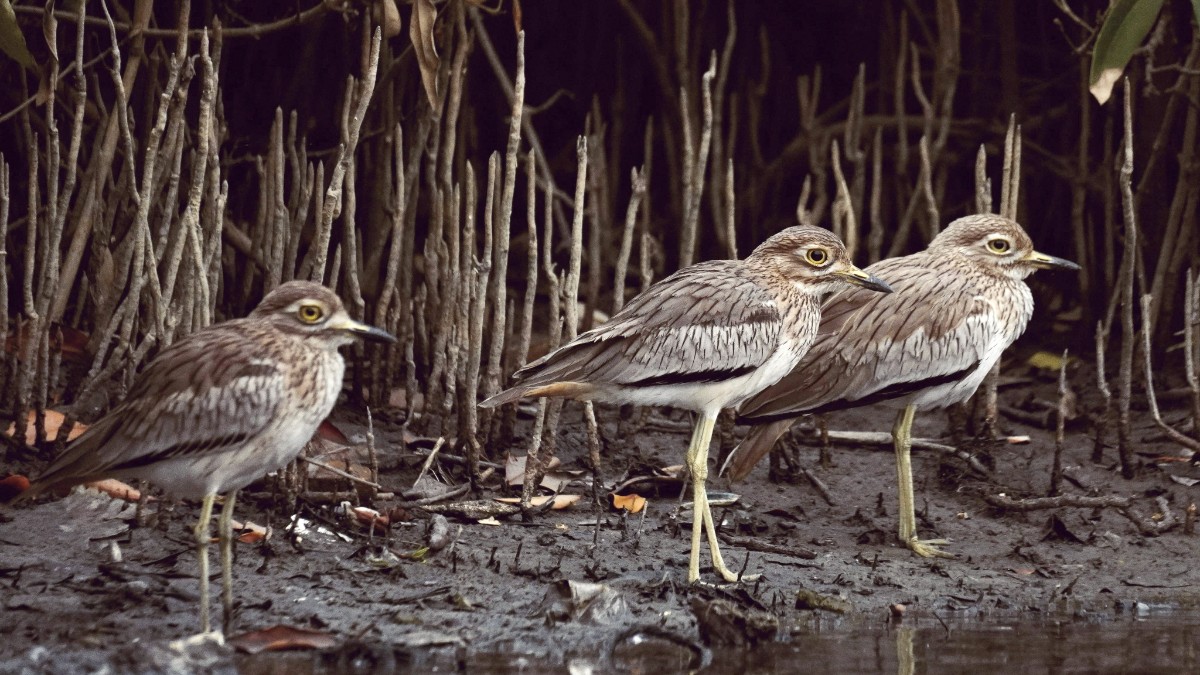
The Gambia
The Gambia holds several protected areas, including Abuko Nature Reserve and Tanji Bird Reserve, dedicated to preserving biodiversity.
Waste management presents a challenge. Minimize plastic waste by carrying reusable water bottles and shopping bags.
Fresh water resources can be strained, notably during the dry season. Be mindful of your water usage in accommodations.
Choose options that align with sustainable practices and support environmental well-being.
Look for eco-lodges or hotels that explicitly demonstrate their dedication to sustainable practices. Ecobnb lists eco-friendly options.
Select tour operators who prioritize ethical wildlife viewing and broader community benefit. G Adventures specializes in ethical travel experiences.
Consider supporting carbon offset programs for your international flights to mitigate the environmental footprint of your travel. Many airlines offer contributions.
Equip yourself with eco-conscious travel gear to minimize your environmental footprint. Invest in durable, sustainably produced products.
Minimize plastic waste by consistently carrying reusable bottles and bags. Choose products designed for reusability.
Explore reusable optionsSupport conservation efforts by purchasing from retailers that channel profits towards environmental causes.
Visit The Rainforest SiteYour travel choices play a part in preserving The Gambia's natural beauty. Opt for businesses that actively work to minimize their environmental impact.
Engaging respectfully with local culture enriches your journey and supports communities.
Support local cultural centers, museums, and artisans directly.
Always greet locals, dress modestly outside resorts, and seek permission for photography. Embrace patience, as things often operate on "Gambian time."
Seek out tour operators or accommodations that genuinely engage with and benefit local communities. This might involve staying in village guesthouses.
Choose local restaurants ("chop shops"), street food stalls, and family-run eateries. Prioritize using shared taxis and hiring certified local guides.
Buy souvenirs and crafts directly from the artisans in local markets. Bargain fairly, recognizing the effort and skill involved in their craftsmanship.
Buying directly from makers (e.g., Brikama Craft Market) ensures more of your money reaches the creator.
Bargaining is customary, but do so respectfully; avoid excessively low prices.
Opt for products from recognized fair trade organizations where available, ensuring fair wages.
Ensure your travel financially supports the local economy and avoids harmful practices.
Avoid giving money directly to children on the street, as this can discourage school attendance.
If you choose to engage in charitable giving, pursue this through established, transparent local charities, schools, or community projects.
"Bumsters" are local individuals who persistently approach tourists, often offering to be guides, sell goods, or simply befriend them with an underlying expectation of financial gain.
Expect frequent approaches, especially in tourist-heavy areas like Kololi and Senegambia Strip.
Maintain a friendly but clear boundary. A polite yet firm "no, thank you" often works.
Do not make promises you cannot keep, as this can lead to misunderstanding and persistent follow-ups.
Remain aware of your surroundings and interactions. Politely decline unwanted services. Report any concerns to local authorities or your embassy for safety.
Your choices as a traveler significantly shape the local community and environment. Embrace practices that support positive, sustainable development.